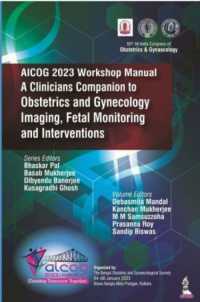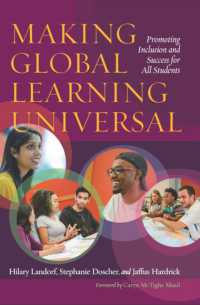- ホーム
- > 洋書
- > ドイツ書
- > Social Sciences, Jurisprudence & Economy
- > Politics, Society, Work
- > social science
Description
This book is based on an interdisciplinary, qualitative-empirical study of Muslim, Christian, and Yazidi families. It explores the significance of religion in coping with traumatic experiences during flight and migration processes. Using the concept of VulnerAbility, the book illustrates how children and their parents generate agency through their faith and their sense of belonging to a religious community. Through individual efforts at adaptation, they meaningfully adjust their religious heritage - reflected in their images of God and religious relevance systems - to new life contexts. This enables them to develop positive visions of the future by drawing on their faith, even though religious affiliation has often been a source of social conflict, reinforced by discriminatory practices in their countries of origin, along migration routes, and within the German asylum system.
.- 1 Introduction.- 2 Methodological approach and procedure.- 3 Religious identity formation processes among children and young people with flight experiences between belonging, exclusion, and racism.- 4 "God makes me brave." Children and young people's religious interpretations of themselves and the world in the context of flight experiences.- 5 Parenthood under conditions of flight and asylum.- 6 Religious education as a bridge between old and new lifeworlds and a subjectivizing factor for women, etc.







